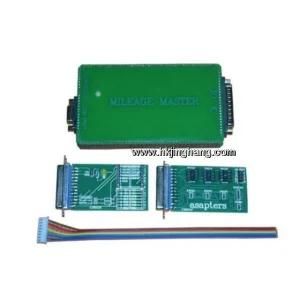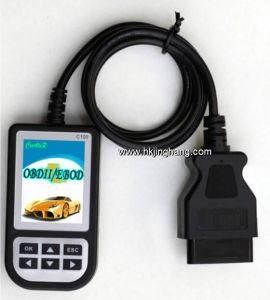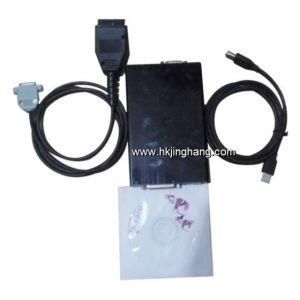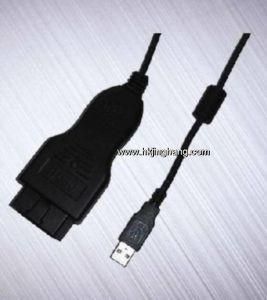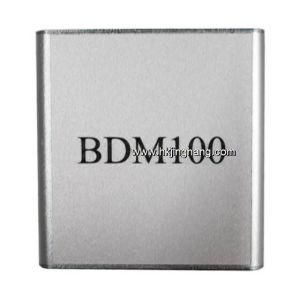Made in China OEM Customized Rocker Arm
Diya (Guangzhou) Hi Tech Co., Ltd. / 2022-06-24
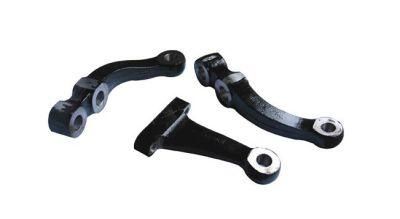
- Type:Control Arm
- Material:Stainless Steel
- Certification:ISO,Ts16949:2009
- Transport Package:Wooden Pallet or Acc. to Customers′ Demand
- Specification:Acc. to Customers′ Demand
- Trademark:OEM
=== Base Info ===
- Model NO.:OEM
- Origin:China
- Production Capacity:1000000 PCS,Month
=== Description ===
Basic Info.
Model NO. OEM Origin China Production Capacity 1000000 PCS/MonthProduct Description
OEM customized Investment casting, sand casting, hot forgingMaterial: Stainless Steel, Carbon Steel, Alloy Steel
Process: lost wax casting,sand casting, hot forging + machining
Produced as customer's drawing and sample.
Investment casting can make use of most metals, most commonly using aluminum alloys, bronze alloys, magnesium alloys, cast iron, stainless steel, and tool steel. This process is beneficial for casting metals with high melting temperatures that can not be molded in plaster or metal. Parts that are typically made by investment casting include those with complex geometry such as turbine blades or firearm components. High temperature applications are also common, which includes parts for the automotive, aircraft, and military industries.
Investment casting requires the use of a metal die, wax, ceramic slurry, furnace, molten metal, and any machines needed for sandblasting, cutting, or grinding. The process steps include the following:
- Pattern creation - The wax patterns are typically injection molded into a metal die and are formed as one piece. Cores may be used to form any internal features on the pattern. Several of these patterns are attached to a central wax gating system (sprue, runners, and risers), to form a tree-like assembly. The gating system forms the channels through which the molten metal will flow to the mold cavity.
- Mold creation - This "pattern tree" is dipped into a slurry of fine ceramic particles, coated with more coarse particles, and then dried to form a ceramic shell around the patterns and gating system. This process is repeated until the shell is thick enough to withstand the molten metal it will encounter. The shell is then placed into an oven and the wax is melted out leaving a hollow ceramic shell that acts as a one-piece mold, hence the name "lost wax" casting.
- Pouring - The mold is preheated in a furnace to approximately 1000°C (1832°F) and the molten metal is poured from a ladle into the gating system of the mold, filling the mold cavity. Pouring is typically achieved manually under the force of gravity, but other methods such as vacuum or pressure are sometimes used.
- Cooling - After the mold has been filled, the molten metal is allowed to cool and solidify into the shape of the final casting. Cooling time depends on the thickness of the part, thickness of the mold, and the material used.
- Casting removal - After the molten metal has cooled, the mold can be broken and the casting removed. The ceramic mold is typically broken using water jets, but several other methods exist. Once removed, the parts are separated from the gating system by either sawing or cold breaking (using liquid nitrogen).
- Finishing - Often times, finishing operations such as grinding or sandblasting are used to smooth the part at the gates. Heat treatment is also sometimes used to harden the final part.
We have professional Quality Management System ISO/TS 16949:2009 and ISO 9001:2008. We are also applying for ISO14001 environmental management system now.
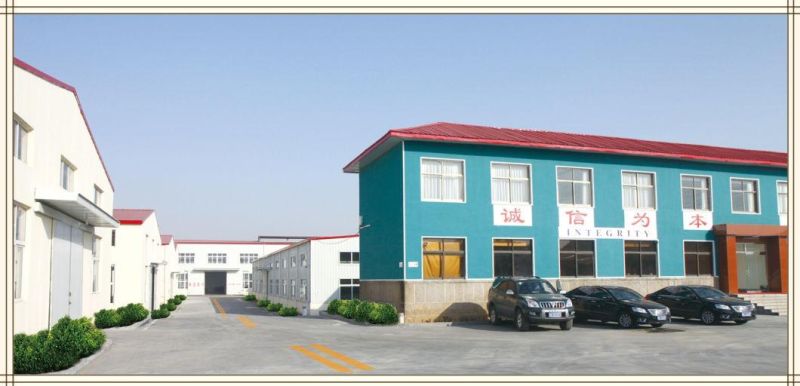
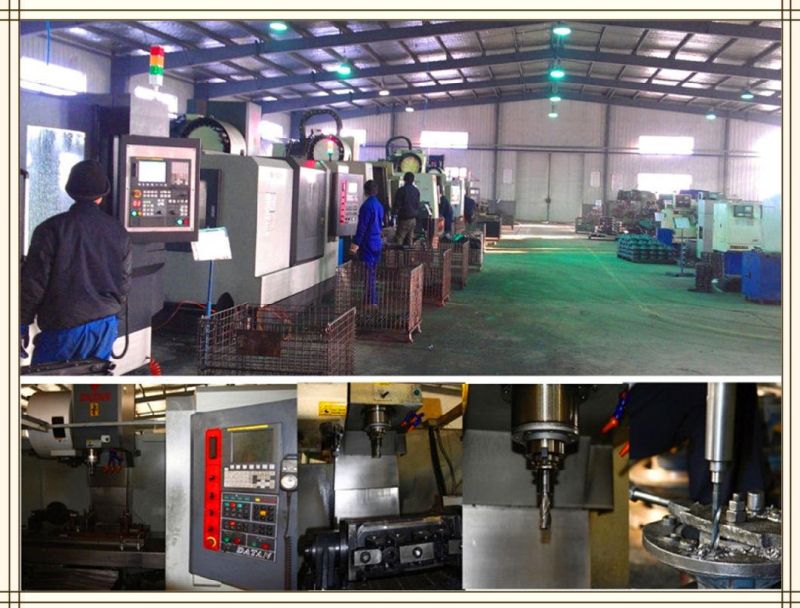
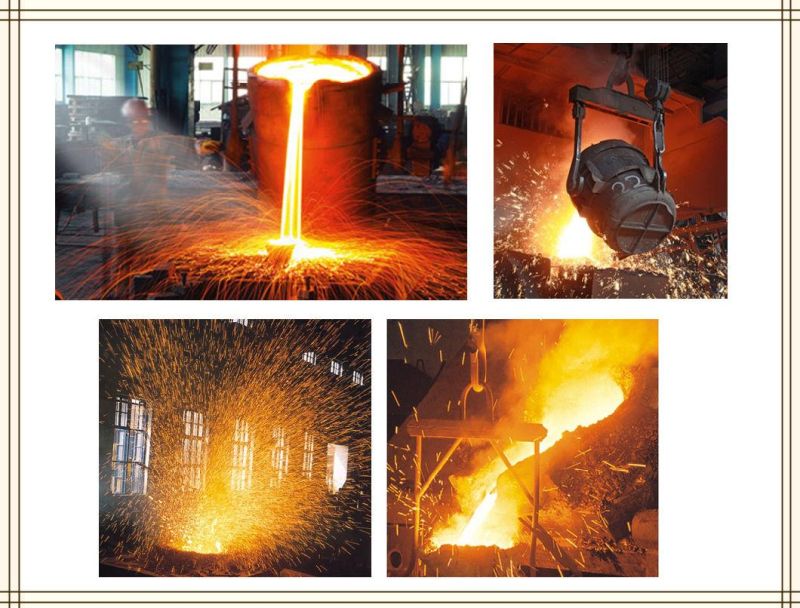
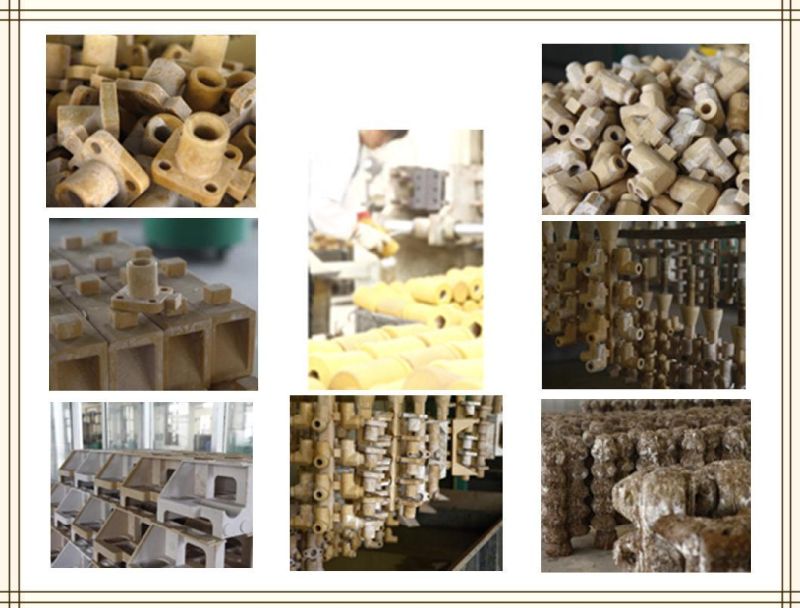
New product
Hot product
- Gm Candi Interface
2022-06-23
- Scan Dash V2.0 for BMW
2022-06-23
- K+Can Commander 2.0
2022-06-23
- Mut-3 Professional Diagnostic Tool Mut3
2022-06-23
- CKM-100 Key Programmer for Benz/BMW
2022-06-23
- Fuel Injector Tester & Cleaner (MST-N6A)
2022-06-23
- Mst 9000+ Plus ECU Simulator
2022-06-23
- OBD Ii Code Reader Mst-300, OBD2 Code Scanner
2022-06-23
- Digital Battery Analyzer (SC-100)
2022-06-23
- VAS5052A PC VERSION with VAS5054A Wireless Bluetooth Communicate
2022-06-23

